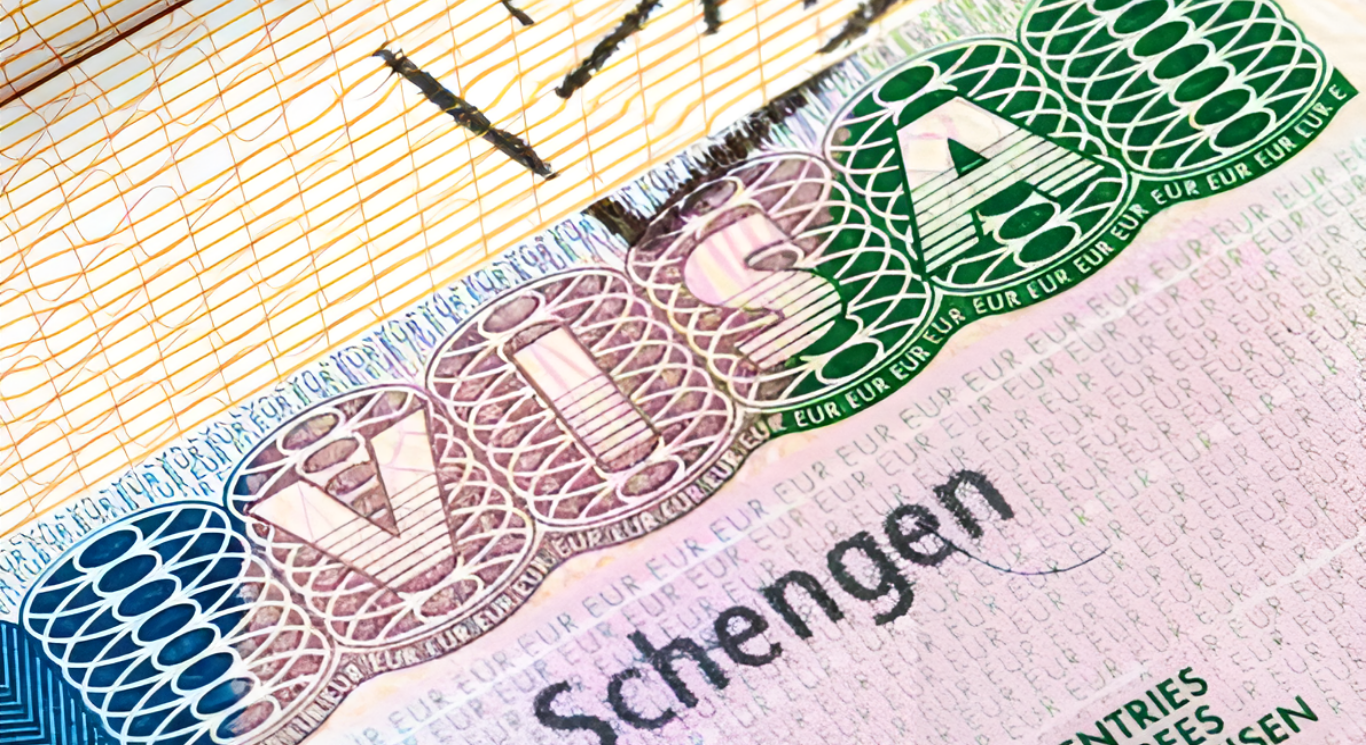The European Commission has announced a significant increase in short-stay Schengen visa fees, effective June 11, 2024. This decision will see a 12 percent rise in the cost of Schengen visas (Type C), impacting travelers planning visits to Europe.
Rise in schengen Visa fees
Under the new fee structure, the cost for adult applicants will rise from €80 to €90, while for children aged 6 to under 12 years, the fee will increase from €40 to €45. This revision applies to visa applications submitted worldwide, affecting a broad spectrum of international travelers.
The Schengen visa permits travel across 27 European countries, including popular tourist destinations such as France, Germany, Italy, and Spain. The fee adjustment aims to align with the increasing costs of processing visas and maintaining the security of the Schengen area.
The European Commission last updated the visa fees in February 2020, when the adult visa fee increased from €60 to €80. The latest hike is justified by the Commission due to inflation and the need to cover administrative costs associated with the visa process. These costs include background checks, data processing, and maintaining secure entry systems, all essential for the integrity and security of the Schengen area.
In addition to the general increase, specific fees apply to certain countries. Applicants from Armenia, Azerbaijan, and Belarus will continue to pay a reduced fee of €35, while applicants from Cabo Verde will pay €60. These fee structures reflect agreements and specific arrangements with these countries.
Also read: Embrace the Digital Nomadic Lifestyle: Work, Travel, and Thrive in 2024
Reasons for the rise in visa fees
The increase is part of a broader effort to ensure that the costs of visa processing and security measures are adequately covered. By adjusting the fees, the European Commission aims to maintain the efficiency and security of the visa system, which facilitates safe and secure travel within the Schengen area.
Travelers planning to visit Europe after June 11 should be aware of the new fees and budget accordingly. The increase highlights ongoing efforts by European authorities to manage and improve the visa processing system while ensuring that the necessary resources are in place to handle the growing demand for Schengen visas.
The decision has sparked some discontent, particularly among Turkish citizens who have been looking forward to a visa-free agreement with the EU. In 2023, the Schengen Area received over 10.3 million short-stay visa applications, marking a 37 percent increase from 2022 but still below the 2019 peak of 17 million applications.
Last revision in the visa fees
The European Union (EU) revises the Schengen visa fee every three years. The revision of the visa fees does not affect the fees laid out in visa facilitation agreements unless the agreement’s provisions make explicit reference to the visa fees set out in the Visa Code.
In recent years, Indian citizens have shown a growing interest in exploring Europe, demonstrated by a 43 percent surge in Schengen visa applications in 2023 compared to the previous year. India ranked third in visa applications, with a total of 966,687 submissions. Chinese nationals held the top spot, with 1.1 million applications, marking their return to the lead since 2018.
To facilitate travel for Indian nationals, the European Commission has introduced a new visa “cascade” system. This initiative simplifies the process of obtaining multi-entry visas with extended validity periods. Under this system, Indian citizens residing in India who have lawfully used two visas within the past three years are now eligible for a two-year multi-entry visa. They can subsequently apply for a five-year visa, allowing them to stay for up to 90 days within any 180 days.
As the implementation date approaches, potential applicants are encouraged to check the latest information and updates from official sources to ensure a smooth and informed visa application process.
Also read: All the Things You Need To Remember for Your Next Solo Trip




